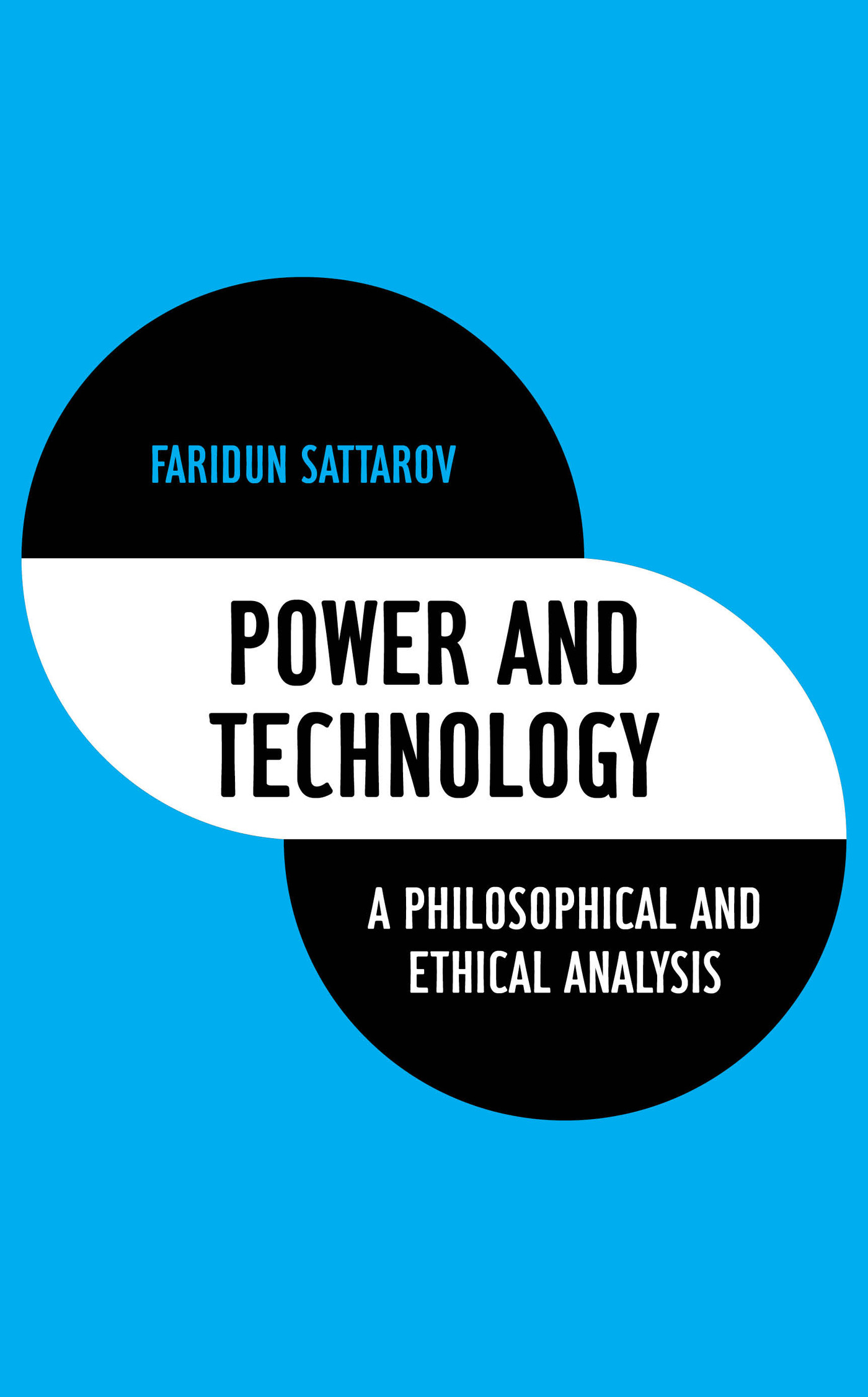Power and Technology
Power and Technology
A Philosophical and Ethical Analysis
Faridun Sattarov

London New York
Published by Rowman & Littlefield International, Ltd.
6 Tinworth Street, London SE11 5AL
www.rowmaninternational.com
Rowman & Littlefield International, Ltd. is an affiliate of
Rowman & Littlefield
4501 Forbes Boulevard, Suite 200, Lanham, Maryland 20706, USA
With additional offices in Boulder, New York, Toronto (Canada), and London (UK)
www.rowman.com
Copyright 2019 by Faridun Sattarov
All rights reserved. No part of this book may be reproduced in any form or by any electronic or mechanical means, including information storage and retrieval systems, without written permission from the publisher, except by a reviewer who may quote passages in a review.
British Library Cataloguing in Publication Information
A catalogue record for this book is available from the British Library
ISBN: HB 978-1-7866-1129-1
ISBN: PB 978-1-7866-1130-7
Library of Congress Cataloging-in-Publication Data
Names: Sattarov, Faridun, 1986 author.
Title: Power and technology : a philosophical and ethical analysis / Faridun Sattarov.
Description: Lanham : Rowman & Littlefield, [2019] | Includes bibliographical references and index. | Summary: This book aims to offer an empirically informed philosophical framework for understanding the technological construction of power, which allows for a differentiated vocabulary for describing various senses of technological power, while bridging together social and political theory, critical studies of technology, philosophy and ethics of technologyProvided by publisher.
Identifiers: LCCN 2019016429 (print) | LCCN 2019980633 (ebook) | ISBN 9781786611291 (cloth) | ISBN 9781786611307 (paperback) | ISBN 9781786611314 (ebook)
Subjects: LCSH: Power (Philosophy) | Power (Social sciences) | TechnologyPhilosophy. | TechnologyPolitical aspects. | TechnologyMoral and ethical aspects.
Classification: LCC BD438 .S28 2019 (print) | LCC BD438 (ebook) | DDC 303.301dc23
LC record available at https://lccn.loc.gov/2019016429
LC ebook record available at https://lccn.loc.gov/201998063
 TM The paper used in this publication meets the minimum requirements of American National Standard for Information Sciences Permanence of Paper for Printed Library Materials, ANSI/NISO Z39.48-1992.
TM The paper used in this publication meets the minimum requirements of American National Standard for Information Sciences Permanence of Paper for Printed Library Materials, ANSI/NISO Z39.48-1992.
Acknowledgements
Many people have helped me with their support and encouragement before and during the years I have been researching power and technology. I would like to thank Heather Widdows and Yujin Nagasawa for stimulating my interest in philosophy and global ethics during my graduate years at the University of Birmingham. I am also enormously grateful to Philip Brey, my doctoral supervisor and postdoctoral mentor at the University of Twente. My special thanks go to my colleagues and friends Karen Buchanan, Mark Coeckelbergh, Emiliano Heyns, Anthonie Meijers, Saskia Nagel, Joseph Savirimuthu, and Peter-Paul Verbeek. The book has greatly benefited from the feedback offered by Martin Peterson, Ashley Shew, and Behnam Taebi, and the reviewer who wished to remain anonymous. I would like to express my gratitude to theorists of power Amy Allen, Mark Haugaard, Michael Mann, and Peter Morriss, whose works have inspired the present study. The first part of the book draws on my doctoral research (20102015) which was made possible by the Netherlands Organisation for Scientific Research (NWO). I am happy to have had the opportunity of conducting research at some of the finest academic institutions, including the University of Twente, the Eindhoven University of Technology, the University of Liverpool School of Law, the UNESCO Bioethics and Ethics of Science Section, and the 4TU.Centre for Ethics and Technology. The book is dedicated to my first editor Isobel Cowper-Coles.
Introduction
On December 10, 2013, on International Human Rights Day, more than five hundred of the worlds leading writers and authors, including five Nobel Prize laureatesOrhan Pamuk, J. M. Coetzee, Elfriede Jelinek, Gnter Grass, and Tomas Transtrmerlaunched a global petition, condemning the extent of mass surveillance of citizens by states. Specifically, the petition accuses states and corporations of violating the human right to remain unobserved and unmolested through abuse of technological developments, while urging the United Nations organisation to create an international bill of digital rights that would ensure the protection of civil liberties in the age of digital technology. This petition is undoubtedly remarkable in many ways, and it remains to be seen whether it can achieve its goal in practice. The petition is noteworthy as it neatly encapsulates a number of recent technological, social, and political developments that have come to characterise the world in the twenty-first century. These developments suggest that the phenomena of technology and power are becoming ever more inseparable. The technological progress of recent decades has presented various individuals, groups, and institutions around the world with novel capabilities to exercise power in ways hitherto unseen. One could even say that technology and power have come to be linked together in such a way that the phrase abuse of technological developments that figures in the text of the petition could be replaced with the phrase abuse of power without changing much of the original message of the appeal. Thus, in the context of this petition and beyond, the terms technology and power have become almost synonymouswhile technology has come to mean power, power has come to mean technology. The present book sets out to explore the point of convergence between technology and power by developing an empirically informed philosophical framework for understanding how technology relates to power, and by laying a provisional groundwork for conceptualising the role of power in the ethics of technology.
Between Technology and Power
The nexus between technology and power has for some time been an object of study in the philosophy, history, and sociology of technology. Lewis Mumford (1964) was perhaps one of the first authors to have claimed that technology can have specific effects on the distribution of power in society. Mumford argued that from late neolithic times in the Near East, right down to our own day, two technologies have recurrently existed side by side: one authoritarian, the other democratic, the first system-centered, immensely powerful, but inherently unstable, the other man-centered, relatively weak, but resourceful and durable (Mumford 1964, 2). A decade later, Ivan Illich (1973) drew a similar distinction between convivial and anticonvivial tools. Convivial tools, which include most hand tools, were defined by Illich as tools that allow for autonomous work and convivial interaction between persons. Anticonvivial tools, which includes most industrial tools, were analysed by Illich as deskilling workers, fostering dependency, and favouring centralised control.
With a nod to Mumford, in his now classic paper titled Do Artefacts Have Politics?, Langdon Winner has made the case that the machines, structures, and systems of modern material culture... can embody specific forms of power and authority (1980, 121). Winner discusses the case of how the structural peculiarities of bridges in New York prevented people who depended on public buses from travelling on the parkways of Long Island thereby exercising power over them (1980, 123124). Another example cited by Winner refers to mechanical tomato harvesters. Because such harvesters were strongly compatible with large-scale forms of tomato growing, their introduction, in the early 1960s in California, resulted in the concentration of tomato production processes in the hands of large growers, thereby bringing a decline in the number of rural farmers (1980, 126127). Winner also offers the example of how the operation of nuclear power plants give rise to specific forms and distributions of power: to be operated safely, they necessitate a hierarchical and centralised control, unlike solar energy technology, which can be run in an egalitarian fashion (1980, 130).
Next page
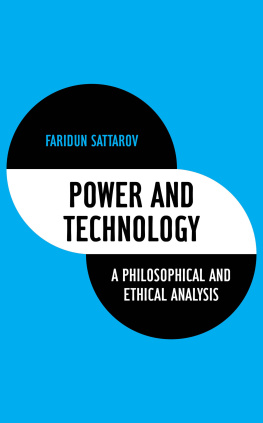


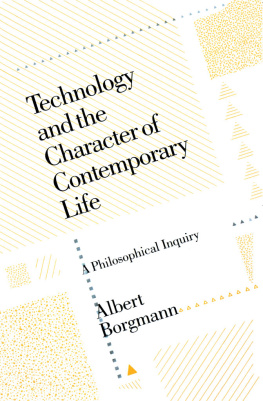
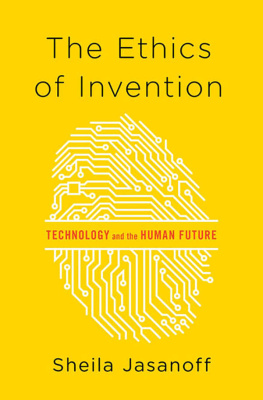
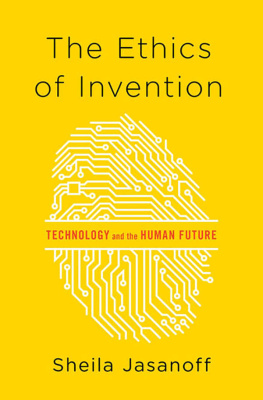
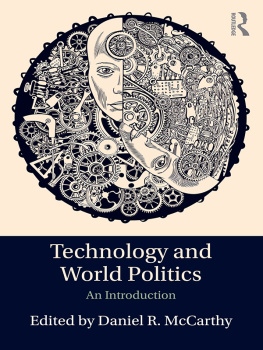
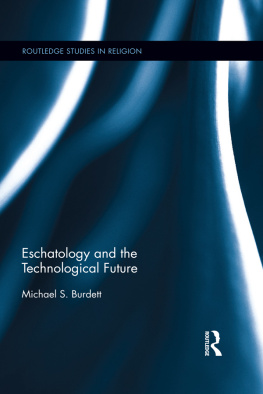
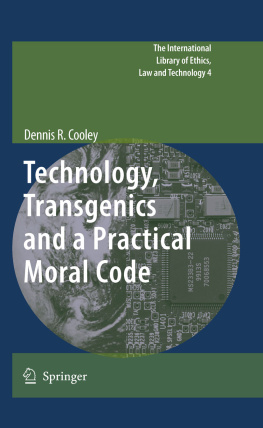

 TM The paper used in this publication meets the minimum requirements of American National Standard for Information Sciences Permanence of Paper for Printed Library Materials, ANSI/NISO Z39.48-1992.
TM The paper used in this publication meets the minimum requirements of American National Standard for Information Sciences Permanence of Paper for Printed Library Materials, ANSI/NISO Z39.48-1992.